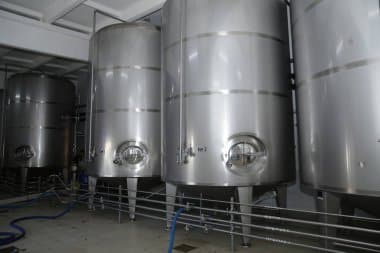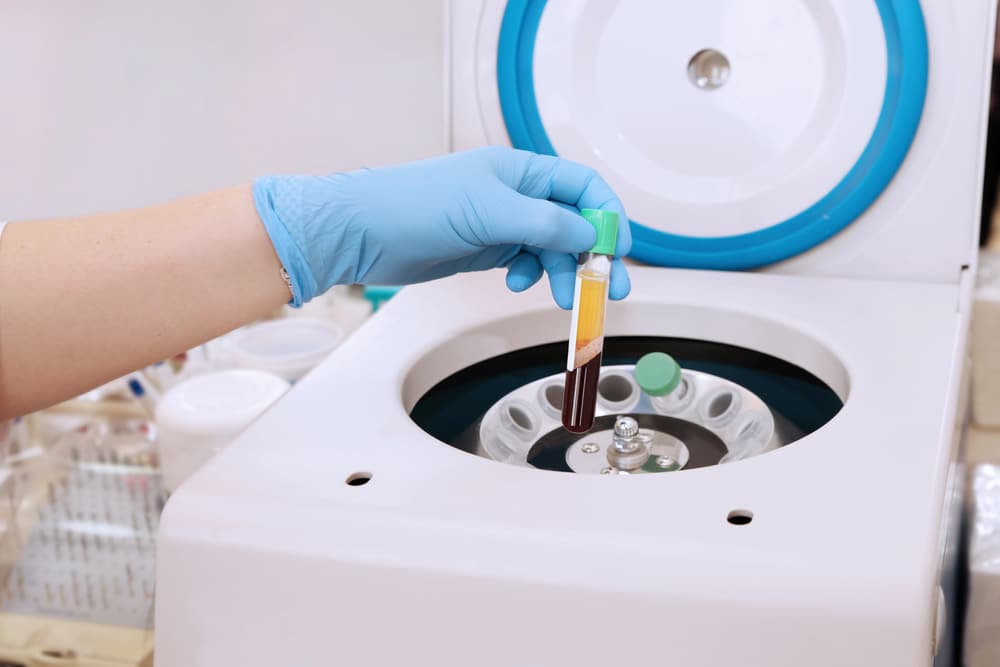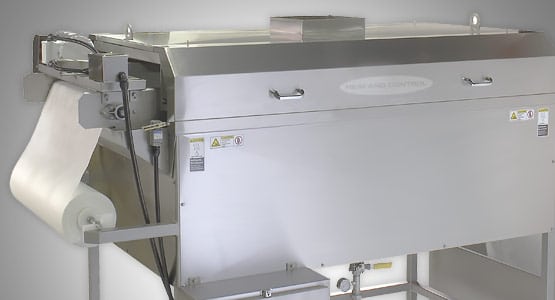As reviewed by Ken Sutherland in his article on LinkedIn titled “Food and Beverage: Filtration in the Food and Beverage Industries,” filtration plays a vital role in the production of both human and animal foodstuffs as well as soft and alcoholic beverages. The food and beverage industry encompasses a range of processes, from the milling of grain to the production of mineral water, all of which rely on filtration techniques to ensure quality and safety.
Filtration systems are essential for separating liquids and solids during various production stages. In dairy production, for example, filtration aids in processing milk and cheese, while in the grain milling sector, filters are required to refine cereal and starch products. Similarly, fine filtration is crucial in the production of beverages, including wine, soft drinks, and mineral water, ensuring that impurities are removed and the final product meets stringent safety standards.
The importance of filtration extends beyond just the preparation and purification of ingredients; it is also integral to waste stream management. Modern filtration systems help manufacturers recycle and treat waste, promoting sustainability and efficiency across the industry.
Despite the advanced technology at the industry’s disposal, global forces like poverty, hunger, and environmental challenges, such as the competition for agricultural land, continue to impact food production. These pressures further highlight the need for innovation in filtration and separation technology, ensuring that food and beverage companies can meet the growing demands of the global population while addressing concerns about sustainability.
The food and beverage sector remains one of the largest users of separation equipment, utilizing almost all types of filtration technologies to maintain the high standards expected in this mature yet ever-evolving industry.
Click here to learn more about Great Lakes Filters’ products.
Article with all rights reserved, courtesy of LinkedIn.com.










